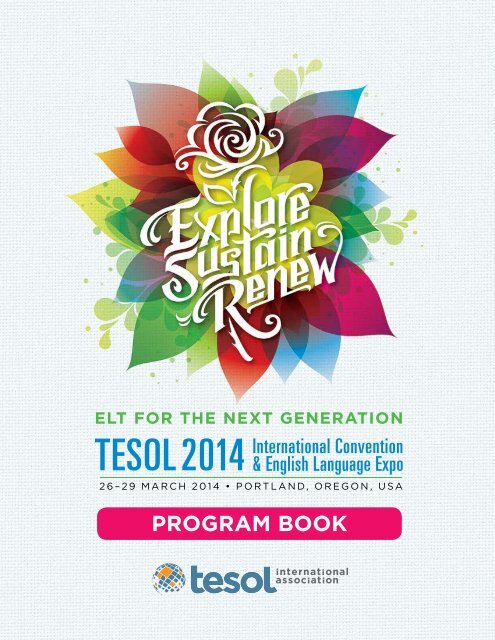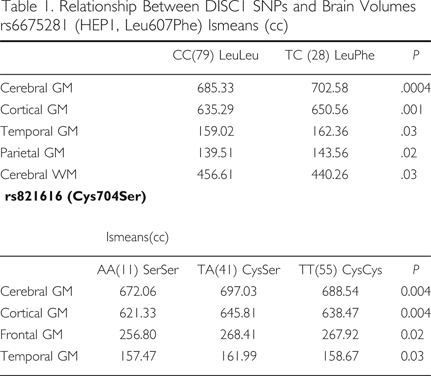2020. 3. 4. 11:10ㆍ카테고리 없음
.AbstractChapter 3, ‘Revisiting Resistance literature’, explores the different poetic and yet also postcolonial possibilities of resistance writing, as first laid down by Barbara Harlow in 1986, and looks in particular at the device of juxtaposition as a striking if subtle instance of structural and linguistic resistance, or of writing-becoming-resistant. The chapter begins by asking how postcolonial literary works might go about resistance now, thirty and more years on from the publication of Harlow’s Resistance Literature, and proceeds by discussing this work alongside two contrasting successor texts, the poststructuralist-inflected The Empire Writes Back (1989) by Bill Ashcroft, Gareth Griffiths, and Helen Tiffin, and Neil Lazarus’s later, materialist The Postcolonial Unconscious (2011). The second part of the chapter considers juxtaposition as a way of shaping new creative possibilities in both texts and readers.

Juxtaposition in writing demands of the reader a constant bridging across and zigzagging back and forth, and hence entails an especially suggestive process in the postcolonial field. The chapter closes with two examples of writing-becoming-resistant: Chinua Achebe’s Things Fall Apart (1958), and Nelson Mandela’s contemplative life and reading on Robben Island in the 1960s and 70s.
When Western Critics Turn Their Gaze upon the cultural products of non-Western nations, they often resort to the language of tourism. For example, a film review in the New York Times on 23 October 1988 by Vincent Canby bore the headline: 'Why Some Movies Don't Travel Well.' His review of a current Chinese film referred to the discomfort and distance American viewers may feel when a combination of subtitles and culture shock leaves them uncertain about the 'message' of the film. The greatest difference between 'our' films and 'theirs,' the critic concluded, can be located in the perspective of the narrative: 'films from emerging nations tend to reflect the concerns of societies rather than individuals.' Lurking under such a discourse of difference is the innuendo of 'propaganda.' Aesthetics and politics don't mix; we can't enjoy or fully appreciate the cultural productions of 'emerging nations.'

Canby implies that texts from the non-West require the interpretive skills of a 'specialist' to translate their alterity into familiar forms. End Page 181The trouble with electing critics like Canby as universal translators is twofold: their own uncritical acceptance of crucial terms of interpretation and our own (the American mainstream readers') uncritical reliance upon the myths of cultural difference and similarity. In much writing on the subject, terms like 'literature,' 'film,' 'authorship,' 'genre,' and especially 'Third World' are givens, rarely contextualized in specific, historical detail. The resulting criticism can take the form of armchair travel through the 'colorful' content of an 'Othered' literature that is similar enough for the West to consume with the help of certain kinds of guides yet different enough to whet the appetite for cultural tourism.It is with relief, then, that one turns the pages of Resistance Literature to find a densely detailed road map of world literature. The Preface functions as a brief tour of the terrain covered by the entire book, including a careful delineation of the terms most likely to pose problems of cultural translation. Barbara Harlow begins her discussion of world literature by critiquing the Western institution of literature itself through its academic structures.
Harlow contends that a body of literature has been largely 'excluded or ignored not only in traditional departments of literature organized according to 'national' criteria. But even in comparative literature, which tends to restrict itself to the more northern parts of the globe when seeking material for comparison.' Thus, we find that French departments rarely teach francophone literatures of the former French colonies, English departments rarely include the literature written in English from around the world on required lists, and American Studies programs routinely exclude texts from Central and South America.In order to reveal the principles of exclusion applied to this body of literature, Harlow describes a subset of literary output she terms 'resistance literature.' The parameters of this contemporary genre are marked by geopolitical considerations, as Harlow writes: the 'struggle for national liberation and independence, particularly in the twentieth century, on the part of colonized peoples in those areas of the world over which Western Europe and North America have sought socio-economic control and cultural dominion.' Resistance literature is thus a global phenomenon created by political conflict between Western imperialism and non-Western indigenous resistance movements.
Resistance Literature Barbara Harlow Pdf Online
As a body of literature, it is characterized by links of affiliation with liberation struggles around the world. Harlow's conception of resistance literature challenges the conventions of literary criticism as she locates writers in a historicized context of political revolution and struggle. Affiliations of resistance supercede strictly national and ethnic identities.The book has several agendas and corresponding strategies.

Harlow counters canonical studies of Western literature with a richly textured array End Page 182 of texts from non-Western cultures. To this end, the book is organized into discussions of genre, 'resistance poetry,' 'prison memoirs of political detainees,'.